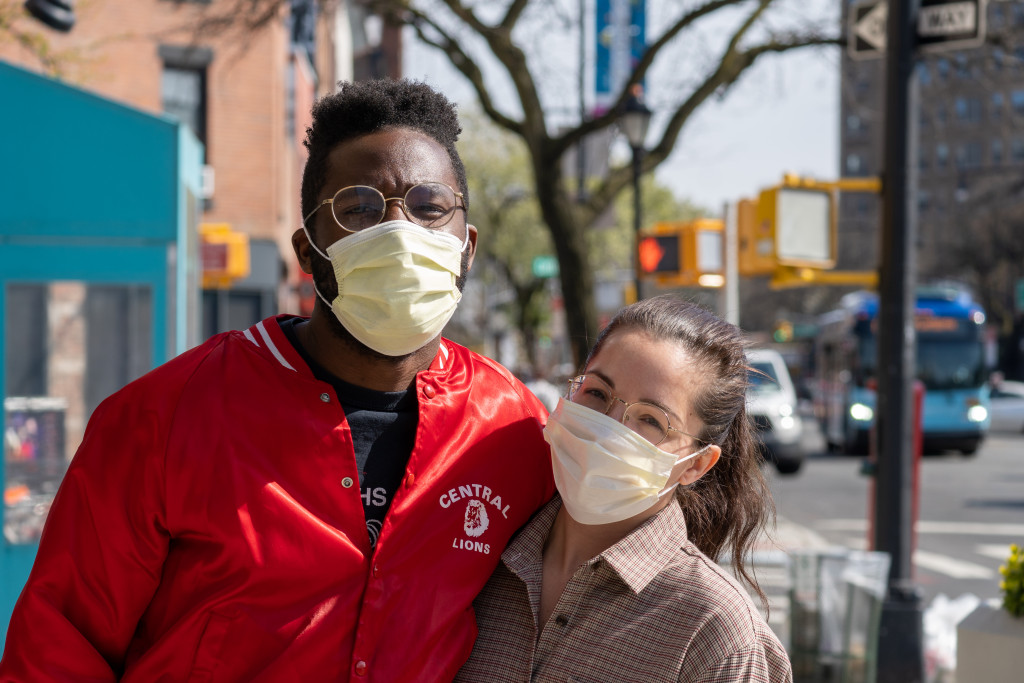Many fret over what our lives would be like with the ‘new normal’, but it’s actually not all bad. Although some practices now are inconvenient, there are a few that we can adopt in our daily lives. It can have positive outcomes that will benefit us even after COVID-19. These are some habits that we should definitely accept as part of our daily practices.
Keep a respectful distance
The Centers for Disease Control and Prevention said that people should stay six feet away from each other to avoid being infected by potentially infected people. Although this is currently being followed for health reasons, there’s some value in keeping safe distances from people. Even after the pandemic ends, it would be a great idea to keep the idea of a safe distance in the future.
Before the pandemic, there are people that tend to stand a little too close to others sometimes. Overcrowded spaces were the norm, so sometimes you can literally feel the person breathing down your neck. Hopefully, social distancing will teach us how to respect people’s personal space. Though standing six feet away might be too much in the future, a reasonable amount of space can be good.
Wear a mask when you have signs of sickness
Even before the pandemic, many Asian countries have this practice of wearing a face mask when going out. It is either because they have signs of a cold or just want to avoid inhaling polluted air. This is something that a lot of us should continue doing even after COVID-19.
People who live in cities are very familiar with smoke from cars and cigarettes. These masks show that you don’t have to breathe that air every day if you can help it. Wearing it while you are sick is one of the best reasons to continue wearing them. Germs from coughing and sneezing can move through the air, and there are people who don’t cover their mouths when they do so. Those with weak immune systems might find this to be extremely useful when going out as well.
If comfort is an issue, there are actually a lot of masks that are made with softer fabrics. Some have even made them more functional such as velcro face masks and those with valves. This makes it easier to breathe, and others are easier to wear for long periods of time. You don’t necessarily have to wear disposable ones, especially if you are worried that it can impact the environment.
Taking leaves
If there is one thing that you can get from this pandemic, let’s hope that it’s the value of taking sick leaves and breaks. In fact, data shows that the number of people who took sick leaves went up 50 to 100 percent during the start of the pandemic. A lot of people took the time to prepare for the coming crisis. At the same time, there were those who showed signs of being sick who stayed home for safety reasons.
Unfortunately, we live in a society where not many use up their leaves. It took a pandemic for some people to even go on leaves. Some managers even forced their employees to go in even when they are sick. Hopefully, this practice of staying home when you are unwell can continue long after the virus. At the same time, business owners should respect their employees’ rights to take necessary leaves. It should not be limited to just this pandemic.
Adopt healthy practices
Regularly washing hands and disinfecting surfaces was heavily enforced all over the world. Both households and commercial areas stressed the importance of cleaning every item before and after touching it. It is extremely important for people to wash their hands if they want to stay healthy. Germs and bacteria will still exist after the pandemic, so the need to wash consistently can help reduce our risk of diseases.
Good hygiene should be practiced both in and outside the home. When we are outside, there are pollutants in the air that can stay in our arms and go home with us. Once you touch your mouth or nose, then the germs can get into your system and make you sick. Even if it seems like your hands are clean, they may still be dirty.
Similarly, some objects we get through delivery go through multiple hands. They are passed on from person to person, and these people have touched other surfaces as well. Bacteria, and even bugs, can travel through this contact and make their way to your items.
